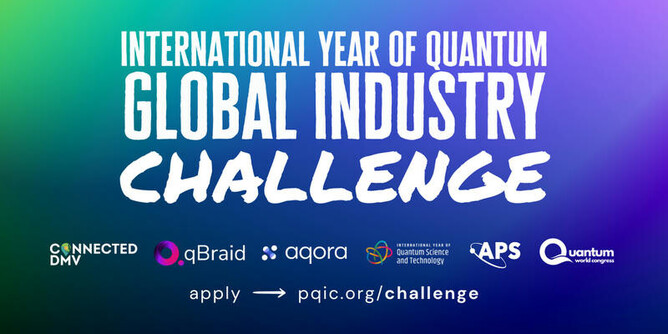A project drawing on the TAIAO programme has won international recognition, with the team DelphiQ named grand finalists of the World Bank Climate Risk Challenge, part of the 2025 Global Industry Challenge (GIC). After successfully advancing through all three phases of the competition, the team has been invited to present its prototype at the Quantum World Congress (QWC) in Washington, D.C., in September 2025.
The TAIAO project played a decisive role in this achievement. Through TAIAO’s open online datasets of New Zealand rivers and rainfall, as well as the expertise of its researchers, the DelphiQ team was able to build and test a novel approach to climate risk insurance. Gregory Pearson, from the TAIAO project, provided access to high-quality rainfall data and hydrological insights, while other TAIAO researchers offered guidance on data science and algorithmic design. In addition, TAIAO funds the doctoral research of Léa Cassé, whose PhD focuses on quantum machine learning for time-series data. This combination of open data, scientific expertise, and research support was critical to shaping the team’s prototype.
The DelphiQ team brings together four young researchers with complementary expertise:
Jacinta May (Australia), a quantum theorist and the project lead, with experience in both research and entrepreneurship.
Sabarikirishwaran Ponnambalam (Australia), a PhD researcher in quantum algorithms specializing in optimization methods.
Nicolas De Matteis (Australia), a software engineer and business strategist focusing on system integration and market translation.
Léa Cassé (New Zealand/France), a PhD student funded by TAIAO, whose work explores quantum models for environmental data streams.
The team’s solution addresses one of the World Bank’s pressing challenges: how to improve insurance for communities exposed to flooding. The project combines two cutting-edge approaches from quantum computing:
Quantum Re-Uploading Units (QRUs), which use quantum circuits to process rainfall and river-level data, providing 24–48 hour flood forecasts.
Quantum Approximate Optimization Algorithm (QAOA), which designs insurance portfolios that remain affordable while protecting against catastrophic losses.
Together, these methods create a prototype for parametric climate insurance, a system in which payouts are triggered automatically when thresholds are exceeded. By capturing flood risk more precisely than traditional methods, the approach has the potential to make insurance more accessible, responsive and fair, particularly for vulnerable communities.
The recognition at the World Bank Climate Risk Challenge underlines how TAIAO’s mission, advancing open science for environmental time-series data, can extend far beyond New Zealand. By supporting researchers, enabling access to critical datasets, and fostering collaboration, TAIAO has helped position New Zealand research at the forefront of the global quantum innovation landscape.

